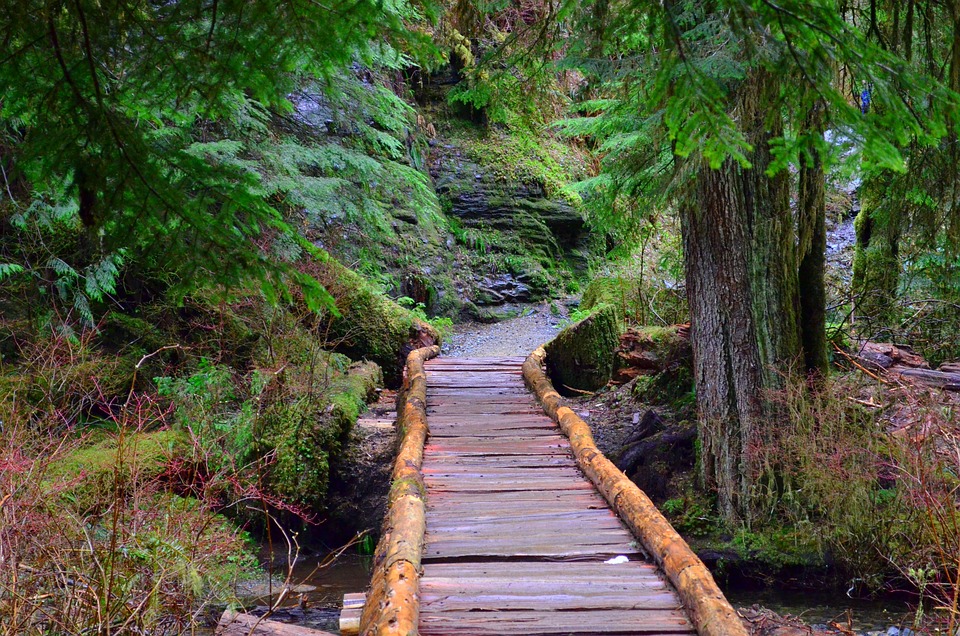Table of Contents
Introduction
Planning a camping trip? Having the right gear is crucial for a successful outdoor adventure. Whether you are a seasoned camper or a novice, this guide will walk you through the essential equipment you need to have a comfortable and enjoyable camping experience.
Tent and Sleeping Bag
A good quality tent and a cozy sleeping bag are fundamental to your camping gear. Look for a tent that suits your needs in terms of size, weather protection, and ease of setup. Make sure it is made of durable materials and includes proper ventilation. Similarly, invest in a sleeping bag that provides the right insulation and comfort level for the climate you’ll be camping in. Pay attention to the temperature rating and choose one that suits your needs.
Camp Kitchen Essentials
An essential part of camping is cooking your meals in the great outdoors. Make sure you have a portable stove or grill that suits your needs, along with adequate fuel. Don’t forget to bring cooking utensils like pots, pans, and utensils. Remember to pack lightweight and compact options. Additionally, bring food storage containers and coolers to keep your food fresh and protected from wildlife. Don’t forget to pack essential tools like a can opener, knife, and cutting board.
Clothing and Gear
Proper clothing and gear are essential for a comfortable camping experience. Check the weather forecast and pack accordingly. It’s wise to bring layers, including a waterproof jacket and extra warm clothing for colder nights. Don’t forget to bring sturdy hiking boots or shoes, a hat, sunglasses, and sunscreen to protect yourself from the elements. Having a reliable headlamp or flashlight is also crucial for nighttime activities and emergencies.
Camping Furniture and Accessories
While it’s tempting to go minimalist in the outdoors, having some camping furniture and accessories can significantly enhance your comfort. Bring portable chairs and a foldable table for meals and relaxing by the campfire. Consider investing in a portable camping hammock that allows you to relax and enjoy nature. Don’t forget to bring a camping pillow, a compact camping lantern, and a portable camping shower for your convenience.
First Aid Kit and Safety Equipment
Never underestimate the importance of a well-stocked first aid kit. Minor injuries can happen while camping, and being prepared can make a big difference. Include items such as adhesive bandages, gauze pads, antiseptic wipes, pain relievers, tweezers, and any necessary personal medications. Additionally, bring safety equipment such as a whistle, compass, map, and a multitool for emergency situations.
FAQs
Q: How many types of tents are available?
There are many types of tents available, including dome tents, tunnel tents, cabin tents, and backpacking tents. Each type has its own advantages and suitability for various camping needs. Research the different types and choose one that best suits your camping style and requirements.
Q: Are all sleeping bags machine washable?
No, not all sleeping bags are machine washable. Check the instructions provided by the manufacturer before attempting to wash your sleeping bag. Some sleeping bags require hand washing or professional cleaning to maintain their integrity and insulation properties.
Q: Should I bring a camping stove or rely on campfires for cooking?
While campfires can be a fun and traditional way to cook meals, it’s always a good idea to bring a camping stove as a backup. Campfires may not be allowed in certain areas due to fire regulations or environmental concerns. Having a camping stove ensures that you can cook your meals regardless of the situation.
Q: How do I properly dispose of food waste while camping?
Properly disposing of food waste is crucial to minimize the impact on the environment and prevent wildlife encounters. Pack food waste in sealed bags and dispose of it in designated trash containers provided at the camping site. It is important not to leave any food waste unattended or scattered around the campsite.
Q: What should I do in case of a snake bite or allergic reaction while camping?
In case of a snake bite, it is essential to seek medical assistance immediately. Keep calm and immobilize the bitten area if possible. Allergic reactions should be treated with antihistamines if available in your first aid kit. It is always recommended to consult a healthcare professional beforehand and have an emergency plan in place.




